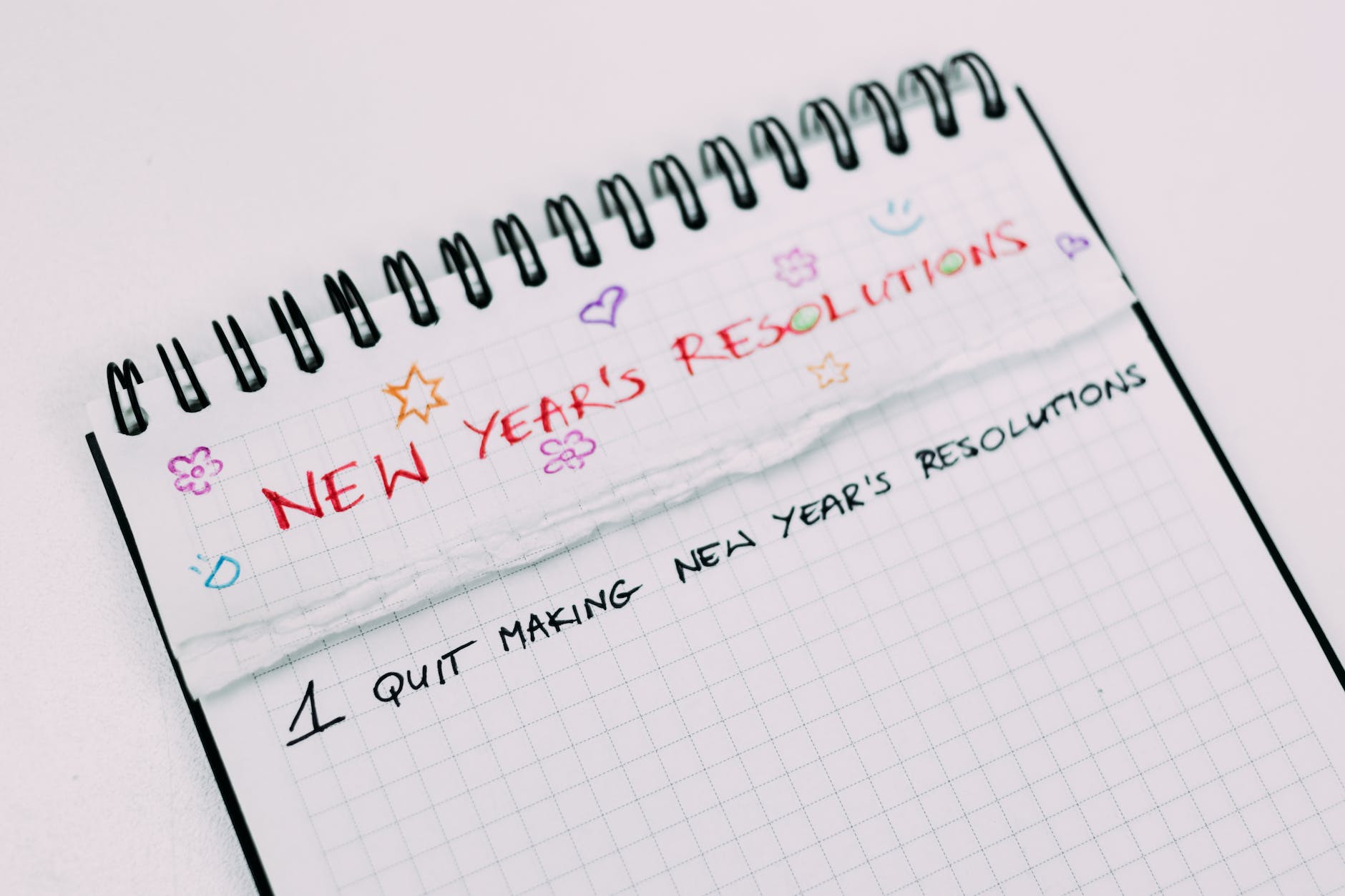
As we ring in the new year, it is common practice to declare your New Years’ resolution. Whether the goal is to exercise more, eat healthier or stop watching TicToc videos until three in the morning striving to make positive changes is a commendable. Unfortunately, only 9% of people who create resolutions are successful. In fact, people are likely to give up on their goals by the third week of January! Starting the year with pressure to succeed and anticipating the possibility of failure is not the way to reach your goals. Let’s forget about resolutions this year and begin the year with micro goals!
What is a Micro Goal?
Micro goals are smaller and more manageable goals. They are the little steps you take to move toward your ultimate goal (formally known as your New Year’s Resolution). For example, in the past, I would resolve to start an exercise program. Year after year I join a gym, buy new workout gear, and beat myself up because I failed to consistently go the gym.
How Can Micro Goals Work for You?
There are many reasons that resolutions tend to fail. Sometimes they are unrealistic, and oftentimes we lose the motivation to keep up with our plan, but the main reason I believe resolutions do not stick is that they are not well-defined and too big. Micro goals, on the other hand, are small defined action steps. They are easy to achieve and create the momentum you need to keep going. So, instead of setting the goal to eat a healthier diet, you might start with the micro goal to add a vegetable to one meal a day. For me, my micro goal for exercising might look like walking the dog for an additional 15 minutes each day. By attaching it to something I already do, I increase the likelihood that I will follow through with this goal.
How to Begin Creating Your Micro Goals
- Choose what you would like to achieve. This is your long-term goal.
- Think about why this goal is important to you. The why behind your goal is the secret sauce to keeping you motivated.
- Break down your goal into a micro goal. What is an actionable step you can take that will help you work towards your larger goal?
- Be clear and define what you will do for this micro goal. This is the what, when, and how of the micro goal.
- Goal – have a cleaner house = Micro Goal – I will empty the dishwasher each morning before work.
- Goal – be more social = Micro Goal – I will check in with a friend once a week.
- Goal – be more organized = Micro Goal – I will put my phone and wallet in the basket by the door when I walk in the door.
Tips for Success
Let go of all-or-nothing thinking.
We often fall into the trap of all-or-nothing thinking when we are trying to achieve our goals.
Beliefs like
If I can’t do a full workout then I’m not really exercising and If I don’t clean the entire room today then what’s the point are the black-and-white statements that set you up for failure.
When you change your way of looking at your goals, genuine progress can be made. It might look different than you envisioned, but regardless of how you work towards your goals, remember even a little progress is progress!
Keep it Positive
Positively word your micro goal statements. This reminds you about what you want to achieve. Instead of I won’t eat sugar you might say When I crave sweets, I will eat a piece of fruit.
Be Specific
As you create goals you should take time to think about what you want to achieve, what steps you need to take to get there, and what it will look like as you do those steps.
Expect Ups and Downs
If attaining your goal does not go as planned, don’t give up. Bumps in the road are to be expected. It is not a sign of failure. What you originally planned didn’t work, so adjustments are necessary. If you are ready to give up, explore the reason why. If it is because it is too hard, would adjusting your plan help? If you’re losing motivation, what would help you stay motivated?
Sometimes you will find it is not the right time to pursue your goal. If attempting to reach your goal creates unneeded stress, take a break and return to your objective at another time.


